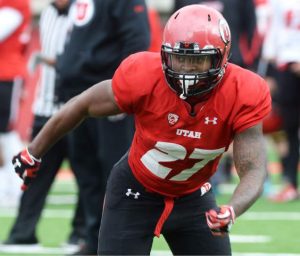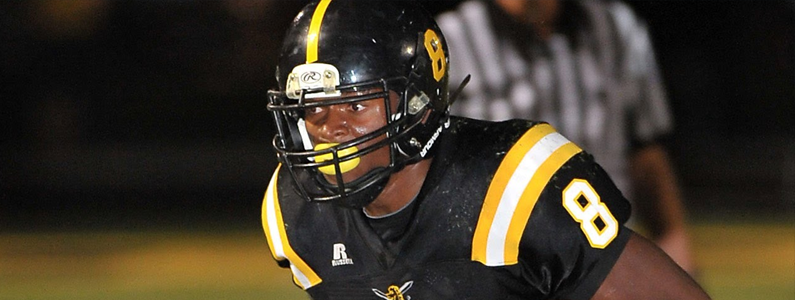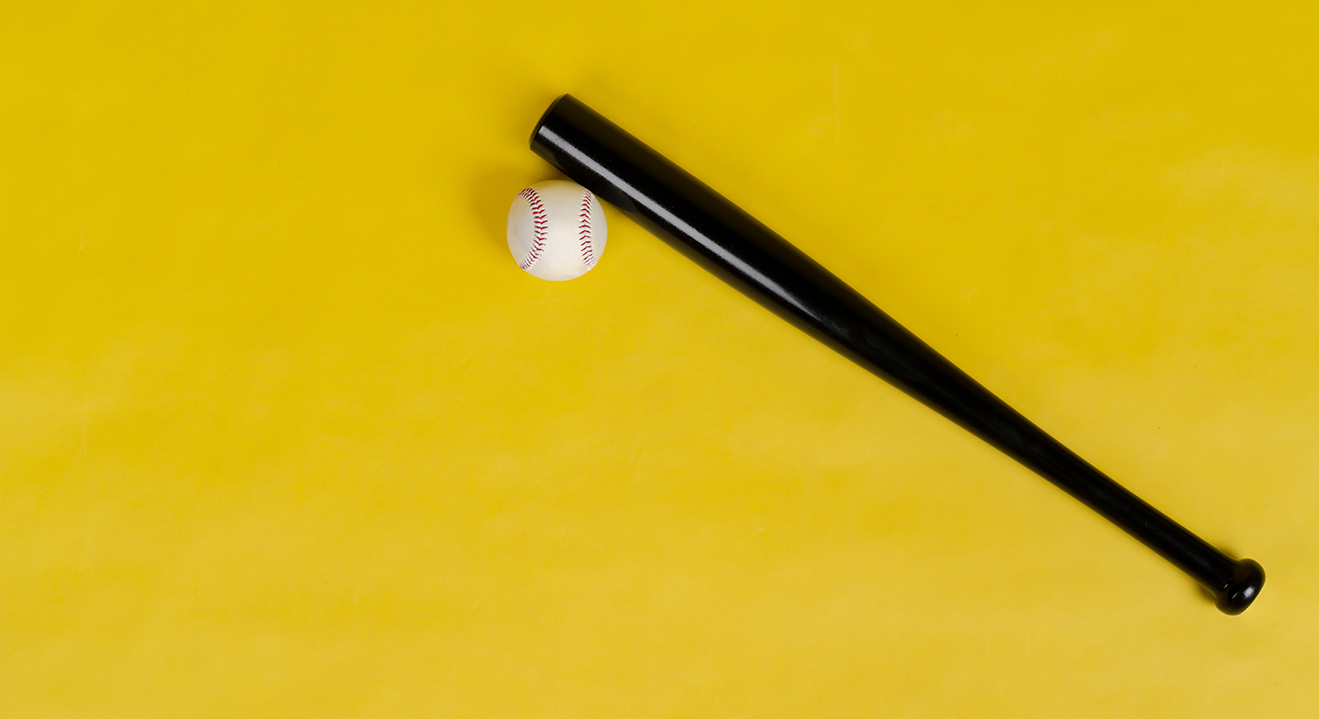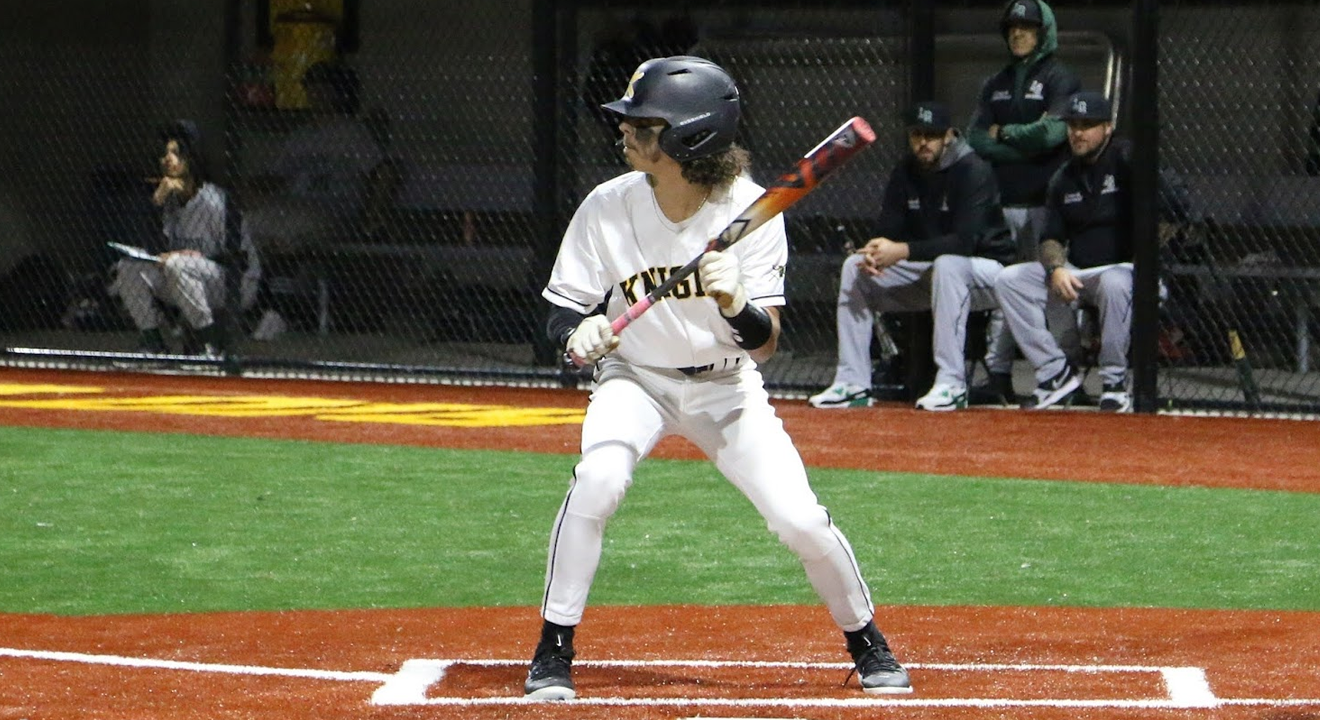 SALT LAKE CITY — The scars are still apparent from that horrifying night last September when University of Utah football players Lo Falemaka and Marcel (Brooks-Brown) Manalo were out enjoying themselves at a house party only to end up in the hospital with gunshot wounds.
SALT LAKE CITY — The scars are still apparent from that horrifying night last September when University of Utah football players Lo Falemaka and Marcel (Brooks-Brown) Manalo were out enjoying themselves at a house party only to end up in the hospital with gunshot wounds.
There are the literal scars, like the 10-inch long one on Falemaka, extending from the middle of his chest down to his waist. There are also the psychological ones, the terror of being shot while simply partying with friends, near the U. campus.
The 6-foot-5, 300-pound Falemaka, who is listed as the backup center on the latest Ute depth chart, is reminded of the shooting incident on a daily basis.
“Every morning sucks — I have to spend five minutes stretching, lying over the end of my bed to stretch my stomach,” he said. “Sometimes it will hurt during practice. It’s just something I’ve got to work through.”
Although he doesn’t like to dwell on the shooting incident, Falemaka can recount the details as if it were yesterday.
“We were at a house party … we had some unwanted guests … nobody knew them, so I asked them to leave. They weren’t listening, so I said, ‘hey you’ve got to leave now or it’s going to get ugly.’ Then someone started throwing beer cans. … I tried to confront one of them and before I could even get there, he pulled out a gun and shot me.”
Manalo, a redshirt freshman running back, prefers not to discuss the details, simply saying, “It was very scary situation … I’ll leave it at that — it was a very scary situation.”
Falemaka was shot once, just below his belly button, while Manalo was hit twice, in his back and side. However Falemaka got the worst of it because it tore through an intestine, leaving him in the hospital for a couple of weeks, while Manalo was released within a day and even attended class the following week.
“It was definitely tough, the recovery process was horrible,” he said. “I just wanted to quit at times,” Falemaka said. “Sometimes it will hurt during practice, it’s just something I’ve got to work through.”
Both players still carry a bullet inside them — Manalo on his side and Falemaka, near his left hip.
“You can feel (the bullet),” said Manalo. “They said it was better off staying than going in there.”
“They said it’s not going to affect me at all,” adds Falemaka of the bullet inside of him.
The 5-11, 220-pound Manalo sat out last year after coming to Utah from Rio Linda High School in California as Marcel Brooks-Brown. However he decided to legally change his name earlier this year.
“I took my mom’s name because that’s who I was with the majority of my life. I said if I made it from high school to college, I would do that.”
He came to Utah because of the influence of two great Ute running backs, Marty Johnson (2002-04) and Devontae Booker, who played the past two years. Booker lived in the same neighborhood as Manalo on the outskirts of Sacramento, while Johnson was his mentor growing up.
“He’s more my family than my actual family … blood couldn’t make us any closer,” Manalo says of Johnson, who starred for the Fiesta Bowl-winning team in 2004.
In the spring Red-White Game, Manalo scored a touchdown on a 9-yard run. He’s currently behind Joe Williams and Troy McCormick on the running back depth chart but hopes to see some action this year.
“I feel like I’m better than I was before,” he said. “Coaches say they see me working harder, running harder than I was before. I almost feel like I’m invincible now.”
Falemaka grew up in West Valley but attended the AMES Academy charter school in Murray and played for Cottonwood High School. He was offered a scholarship by the Utes his during junior season and was thrilled to take it.
“I can just drive 15 minutes and be with the rest of my family,” he said. “Having my family support me is everything to me.”
A junior, Falemaka has a lot of competition on a deep offensive line and was moved this year to center, a position he’s never played before.
“Lo is a very athletic kid, an extremely strong kid, with not a lot of experience who has taken it upon himself to learn how to snap,” said offensive line coach Jim Harding. “That flexibility gives him a good chance of seeing significant playing time this year.”
With their focus now squarely on the football field, both players have tried to turn the negative experience of the shootings into a positive.
“Life moves on,” says Falemaka. “I don’t want to hold on to the past, what’s done is done. I don’t want to spend too much time thinking about it because I don’t want it to affect my future. Overcoming this I feel like I can overcome anything.”
““It was a life-changing experience,” says Manalo. “I’m glad I survived it. I take everything like whatever doesn’t kill you, will make you stronger. And, I didn’t die, so it made me stronger. It’s a good feeling to feel like I can survive anything.”














